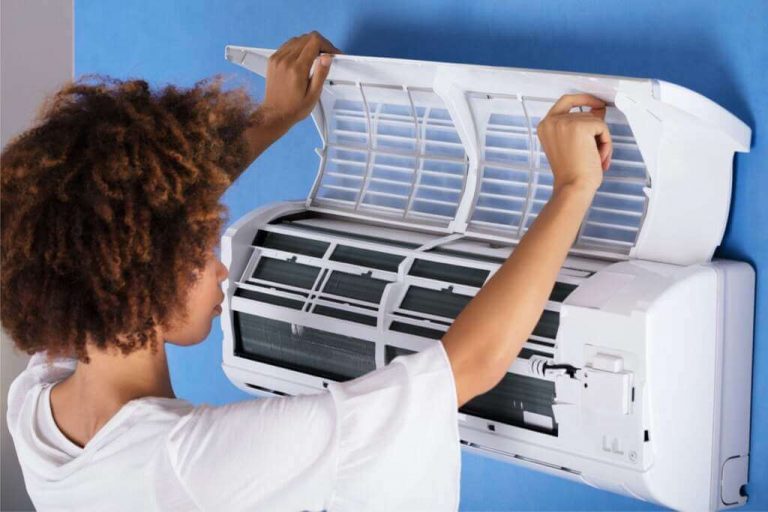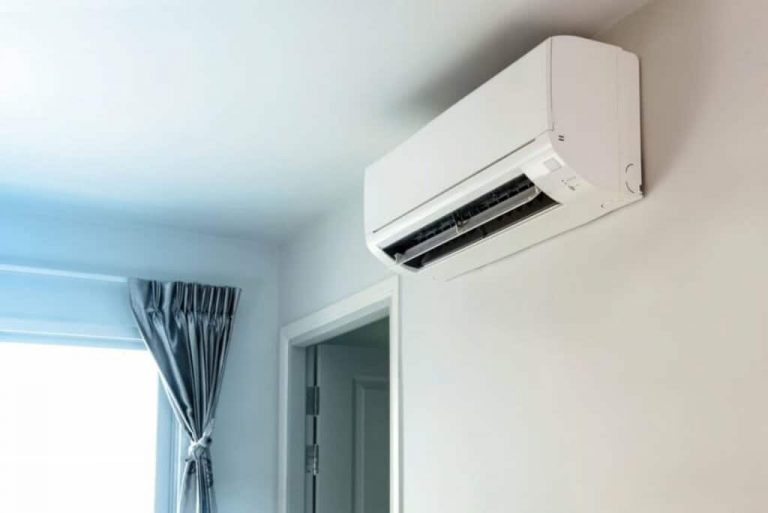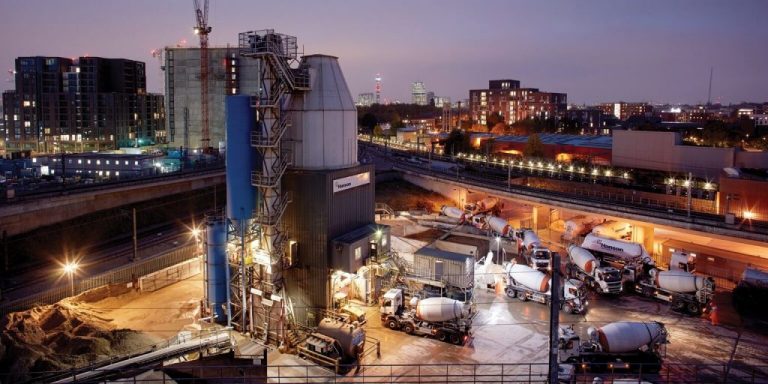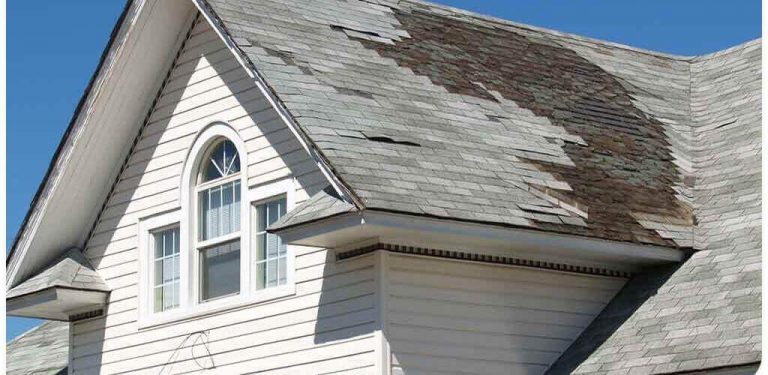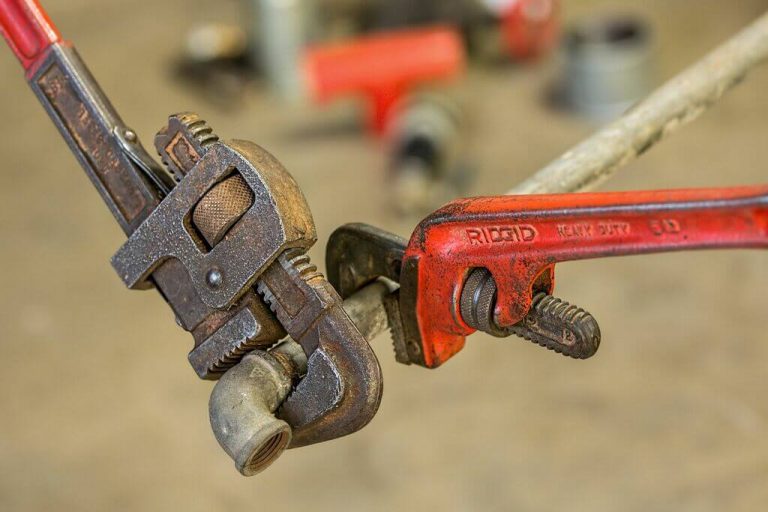Asbestos was once one of the most common materials to construct buildings for decades. Because it is naturally occurring and incredibly affordable, the mineral was heavily embraced in construction for its affordability, resistance to heat, fire resistance, and electrical conductivity. Due to these insulating properties, asbestos was used in the production and manufacturing of attic insulation, drywall, and other essential building materials.
If you live in a house constructed before the late 1980s that contains asbestos and don’t know where to find asbestos in your home and remove it, keep reading.
What is Asbestos?
Asbestos is composed of six different types of natural fibers: chrysotile, amosite, crocidolite, tremolite, anthophyllite, and actinolite. Due to its exceptional resistance to heat, fire, and electrical conductivity, it was widely incorporated into a variety of building materials, such as insulation, drywall, joint compound, and vinyl products, to enhance their strength and fire resistance.
Nevertheless, it is crucial to recognize that asbestos is also a known carcinogen, and inhalation of its fibers can cause severe health issues, including asbestosis, lung cancer, mesothelioma, and other respiratory conditions.
Identifying Asbestos in Your Home
If you reside in a house constructed before the late 1980s, there is a possibility that it contains asbestos-containing materials (ACMs). Although modern building materials no longer contain asbestos, homes built in the past may still pose risks due to their presence in various areas.
1. Loose-Fill Insulation

Insulation is a common area where asbestos might be present. Older properties frequently used insulation that could be contaminated with asbestos. Loose-fill attic insulation is a significant concern, as it can release asbestos fibers into the air, leading to potential health risks.
2. Vermiculite Insulation
The presence of asbestos contamination in Vermiculite mines led to the unintentional introduction of the mineral into numerous commercial and residential properties. Although offered enhanced insulating properties, the potential for fibers to end up airborne makes the material a risk.
3. Flooring Materials
Flooring materials in homes built before 1981 might contain asbestos. Vinyl tiles, sheet flooring, and adhesive materials were commonly manufactured with asbestos for added strength and durability. Damaged flooring can release asbestos particles, making it essential to handle such materials with care.
4. Popcorn or Stucco Ceilings:
Textured or popcorn ceilings, popular in homes from the late 1960s to the 1980s, often contained asbestos to provide fire resistance and texture. When renovating or repairing these ceilings, testing, and removal by certified professionals are recommended.
5. Drywall and Joint Compound:

Asbestos was frequently used in drywall and plaster applications in the past due to its fire-resistant properties. Sanding, scraping, or drilling on surfaces containing asbestos can release harmful fibers into the air, necessitating the expertise of asbestos removal services for safe removal.
6. Basements:

Older properties with basements may have used asbestos-containing materials to insulate furnaces and stoves. Cement sheets, millboards, and paper were commonly employed for insulation purposes, and if these materials are damaged, they should be removed by professionals.
7. Exterior Facade:
Some exterior parts of older houses, such as stucco and siding, might contain asbestos. These materials should be handled with caution during any renovation or repair work.
8. Cement & Textured Coatings

The inclusion of asbestos fibers added durability to the cement, enhancing its structural integrity and making it suitable for construction in high-temperature environments. Textured coatings containing asbestos provided buildings with fire-resistant surfaces that could withstand intense heat and contribute to overall fire safety.
9. Pipe & Duct Wrap
Asbestos has a fibrous nature that makes it ideal for insulating pipes and ducts in industrial settings because it effectively retains heat. The mineral’s resistance to fire further contributed to its suitability for these applications. The potential contamination should be considered prior to plumbing and HVAC work.
10. Rope Seals & Gaskets
Asbestos rope seals were effective at containing heat and preventing leaks in high-temperature environments, while asbestos gaskets ensured reliable sealing between heat-sensitive components.
In spite of asbestos’ practical utility, health risks related to asbestos exposure led to the development of alternative materials to improve workplace safety and environmental health.
Conclusion:
Exposure to asbestos fibers can lead to severe respiratory diseases, including mesothelioma, lung cancer, and asbestosis. Older homes, constructed before the late 1980s, may still contain asbestos-containing materials, and it is essential for homeowners to be vigilant about potential risks.
If you suspect the presence of asbestos in your home, never attempt removal on your own. Engage licensed professionals with expertise in asbestos testing and removal to ensure a safe and controlled process.
By handling asbestos materials correctly and raising awareness about its risks, we can work towards creating safer living environments and protecting human health from the dangers of asbestos.
In case you missed it!
- How to Handle Asbestos During Renovations
- 5 Key Benefits of Garage Insulation
- Stucco Repairs: How to Fix Cracks and Holes
The post Top 10 Areas for Identifying Asbestos in Your Home in 2023 appeared first on Architectures Ideas.


